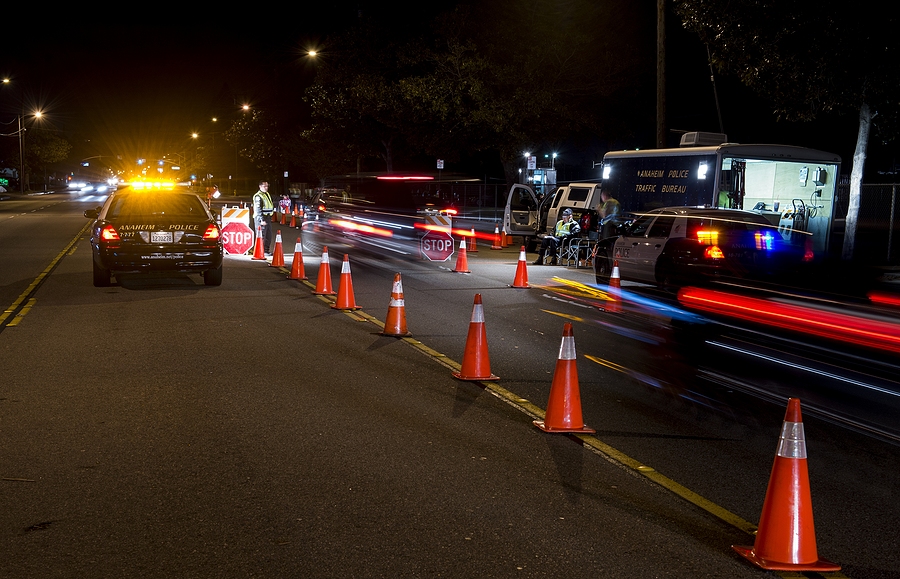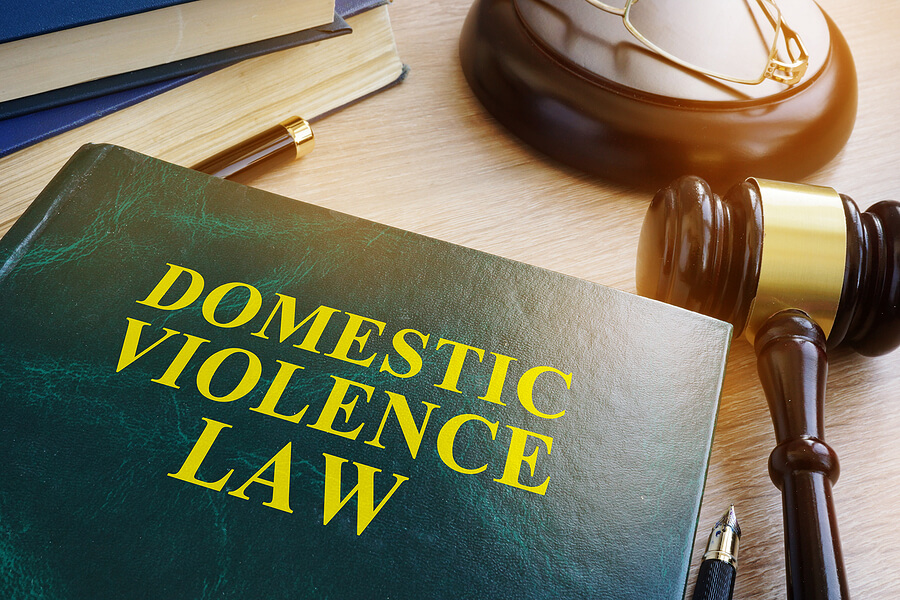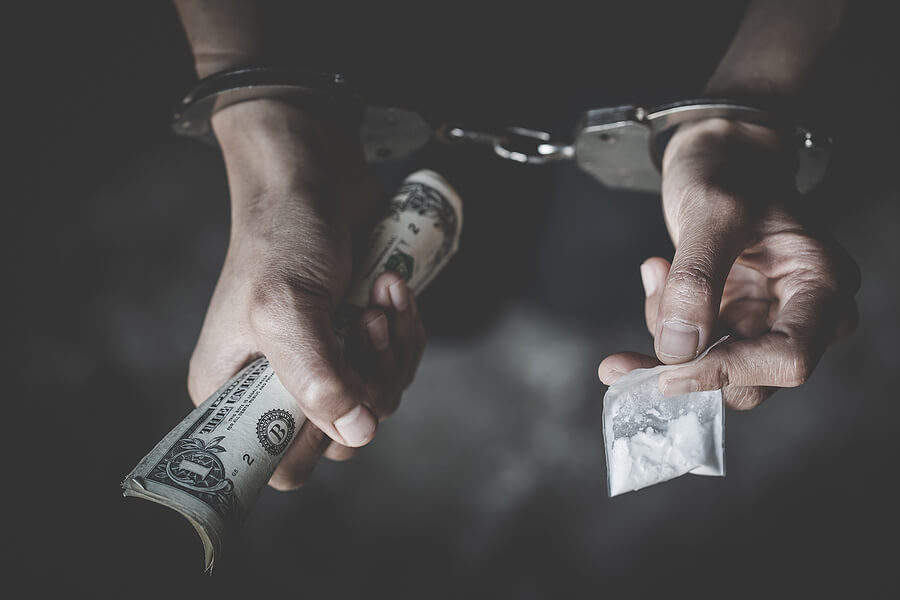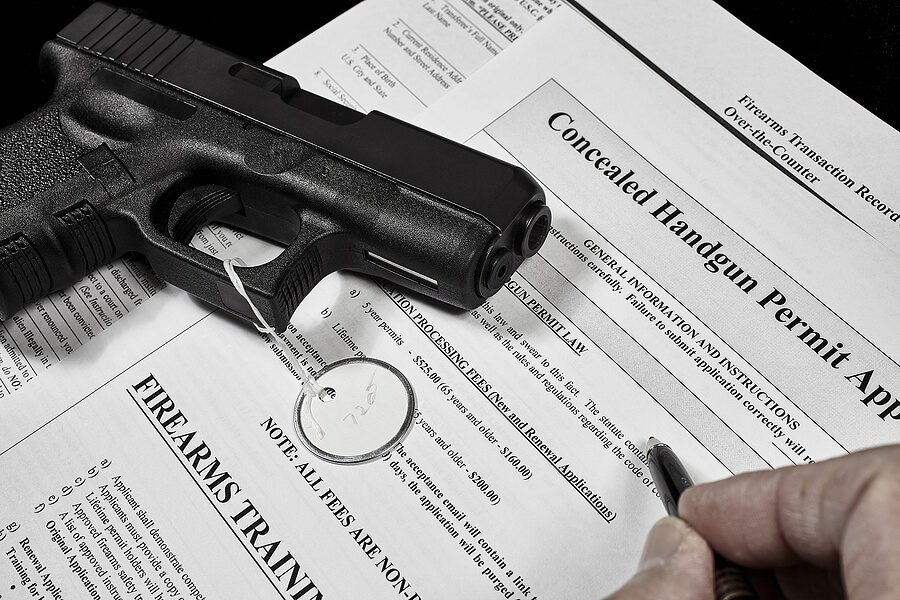The potential consequences of a DWI (driving while intoxicated) conviction can be frightening. Depending on your circumstances, you could face time in jail, hefty fines, a probation sentence, or even have your driver’s license revoked for a period of time.

In some states, like North Carolina, there is also the risk of being labeled a convicted felon—something that can have implications for future employment and housing opportunities.
To understand what might happen if you’re arrested for a DWI in North Carolina, it helps to know more about the specific laws and penalties as they pertain to this offense. However, most people convicted of a DWI typically face fines, probation, and potential mandatory alcohol education programs.
In some cases, you may also serve time in jail as part of probation or another alternative sentencing program. Read on to learn more about what will happen if you’re arrested for a DUI.
Will I Go to Jail for a DWI Conviction?
If you are convicted of DWI, you may face jail time. However, jail time is not mandatory for a first offense. The judge will consider the severity of your offense and may sentence you to jail time, a fine, or both. If your blood alcohol content (BAC) was very high, or if you were involved in an accident, you are more likely to be sentenced to jail time.
In most cases, a DWI conviction will result in a driver’s license suspension. The length of the suspension will depend on the facts of your case. However, if this is your first DWI conviction, you may be eligible for a restricted license after a certain amount of time. A restricted license allows you to drive to and from work, school, medical appointments, and other essential activities.
Factors That Affect DWI Sentences
There are many different factors that can affect the sentence given to someone convicted of DWI. Driving while intoxicated is a serious offense and can result in jail time, fines, and a revoked license. The sentence is often harsher for subsequent offenses.
However, there are some aggravating factors that can increase the severity of the sentence, even for a first offense. These include having a high BAC (blood alcohol content), causing an accident while driving under the influence, or having a prior DWI conviction on your record. A clean driving record may result in a lighter sentence, while a history of convictions can lead to harsher punishment. The judge will also consider the circumstances of the offense and the impact it had on others when determining the sentence.
DWI Defense Possibilities
If you have been charged with a DWI, there are a few defenses that may be available to you. If the arresting officer did not have probable cause to stop your vehicle, or if the field sobriety tests were not properly administered, these could be grounds for dismissal of the charges. Additionally, if the breathalyzer test was not conducted correctly or if your blood alcohol content (BAC) was below the legal limit, this could also lead to the dismissal of the charges. However, it is important to note that even if one of these defenses is successful, you may still be convicted of DUI if the prosecutor can prove that you were impaired by alcohol at the time of driving.
Do I Need a DWI Lawyer or Can I Represent Myself?
If you are facing DWI charges, you may be wondering if you need a DWI lawyer or if you can represent yourself. While it is possible to represent yourself in court, it is generally not advisable to do so if you are facing serious charges. An experienced DWI attorney will be familiar with the law and will be able to provide you with the best possible defense. If you are facing serious charges, it is important to have an experienced attorney on your side.
Contact a North Carolina DWI Lawyer
If you are facing a DWI charge, in North Carolina, getting an experienced North Carolina DWI lawyer is strongly recommended. They can help you navigate the legal process and ensure that you receive the best possible outcome in your case. In addition, a DWI lawyer can help you understand the potential consequences of a DWI conviction, including jail time, fines, and community service. Dewey P. Brinkley is a top DWI lawyer out of Raleigh.
The sooner that you speak with a DWI attorney, the sooner they can start building your legal defense. If you or a loved one have been charged with a DWI, contact the Law Office of Dewey P. Brinkley at (919) 832-0307 or by using the online form.

 Criminal harassment is defined as a pattern of harassing actions against a specific individual. A single act of harassment does not necessarily constitute criminal harassment. However, depending on the severity and the situation, a single act of harassment could potentially lead to charges of criminal harassment.
Criminal harassment is defined as a pattern of harassing actions against a specific individual. A single act of harassment does not necessarily constitute criminal harassment. However, depending on the severity and the situation, a single act of harassment could potentially lead to charges of criminal harassment.

 North Carolina was the last state in the United States to deny some domestic violence protections, such as protective orders, to same-sex couples. In March 2022, the
North Carolina was the last state in the United States to deny some domestic violence protections, such as protective orders, to same-sex couples. In March 2022, the 
 No matter what you’ve been arrested for, including DWI, anyone can learn about your arrest through a public record search unless it’s been expuncted from your record, meaning removed, also called “expunged” in some states.
No matter what you’ve been arrested for, including DWI, anyone can learn about your arrest through a public record search unless it’s been expuncted from your record, meaning removed, also called “expunged” in some states.
 Open carry refers to carrying a fully or partially visible firearm. It is legal in North Carolina for adults that are 18 years old or older without a permit. Open carry is allowed in public spaces, including sidewalks and roads. However, you cannot open carry in schools or in certain government-owned spaces, such as the North Carolina State Capitol.
Open carry refers to carrying a fully or partially visible firearm. It is legal in North Carolina for adults that are 18 years old or older without a permit. Open carry is allowed in public spaces, including sidewalks and roads. However, you cannot open carry in schools or in certain government-owned spaces, such as the North Carolina State Capitol. According to
According to